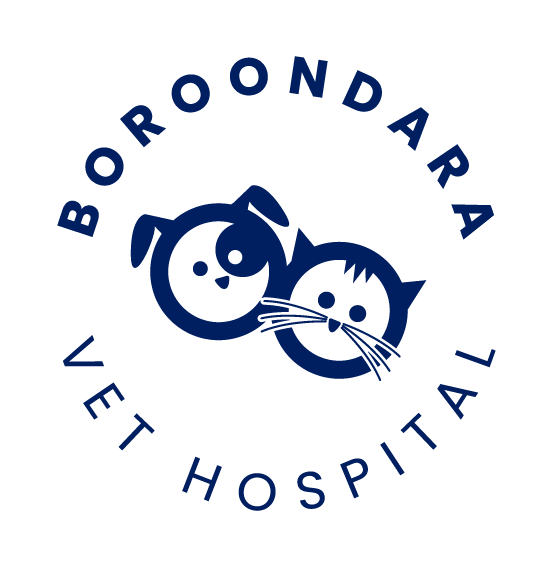Library
Sorry, no articles found.

Mon: 8:00 am to 6:00 pm
Tue: 8:00 am to 6:00 pm
Wed: 8:00 am to 6:00 pm
Thur: 8:00 am to 6:00 pm
Fri: 8:00 am to 6:00 pm
Sat: closed
Sun: closed
© 2025 Boroondara Vet Hospital.
Powered by LifeLearn Veterinary Websites
